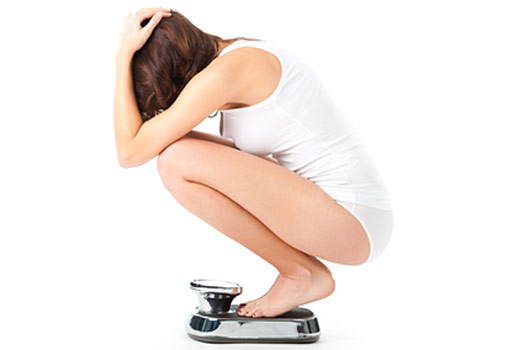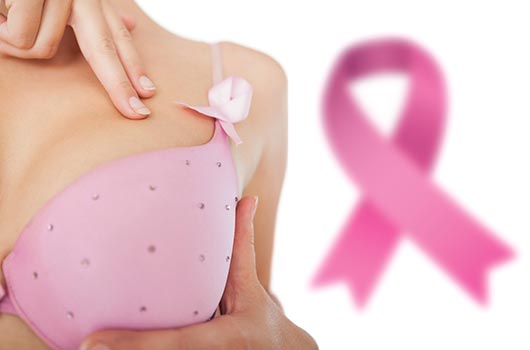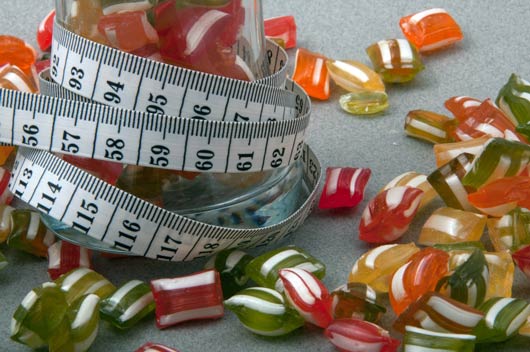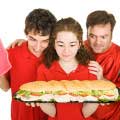UPDATED March 26th, 2018
When I was 16, I was a straight-A student, but I was also a wallflower and extremely shy. I lacked self-confidence and didn’t like my looks. Books became my best friends. One day a peer told me I better watch my thighs. She said they were getting big. Looking back, I can see there was not an ounce of extra fat on my young body, but I chose to go on a diet. I had grown up watching my stepmother and my girlfriends diet on and off. On the fifth day of the diet I felt so hungry, that I walked into a bakery and bought a box of chocolate donuts and ate them all in one sitting.
It was like a shot of heroin, and the beginning of my living nightmare. My life, my mind, and my soul ceased to be mine. Most of my waking moments were focused either on hiding to binge on forbidden foods, or dieting to get rid of their fattening effects. I would often raid the refrigerator in the middle of the night, or when my family was out.
I played hooky and walked the streets of Madrid, Spain, stopping at one bakery after another, eating until I was in physical pain. I couldn’t breathe, my heart skipped beats. I wanted to die. I hated myself for having lost control over my life. Once, after bingeing and purging in my room, I took a pair of scissors and slowly dug them into my forearms until they bled. I wanted to feel the pain. To this day I have a scar as a reminder of those dark days.
PUTTING A NAME TO MY ILLNESS
I knew there was something really wrong with me but I didn’t know it was a disorder that had a name: bulimia. I found that out when I bought an American magazine and read about a young girl who had the same symptoms as I did. Unfortunately, I also discovered her secret to staying thin: self-induced vomiting.
At 17, I was failing my classes and suffering from depression. I took myself to a psychiatrist who prescribed amphetamines to get me out of my funk. I loved the pills! They made me lose weight, but they also made me hyper and anxious. Once, I was nearly hit by a car when I absentmindedly crossed the street.
In an attempt to control my bulimia, in my twenties I became a fitness instructor, but I would still binge and purge between classes. I had mood swings, I felt lonely and out of control. I was afraid of myself. I couldn’t spend the night at friends´ houses because I knew I would raid their pantry.
I spent all my money on food. After lunch and dinner, I would go to the bathroom and turn on the shower at full force to drown the sounds of retching and heaving. Sometimes I inadvertently left traces of my vomiting. When confronted by loved ones, I found other places to purge: public restrooms or in my room in plastic bags, which I would later throw out along with the garbage.
The side effects of bulimia were, in my case, fainting, arrhythmia, cavities, kidney problems, hair-loss, depression, and self-hatred. I felt trapped. I looked for answers in books, in exercise, in diets and in psychotherapy, but nothing worked.
My road to recovery was long. It involved 12-step groups for compulsive overeaters, therapy, anti-depressants, a lot of patience from those around me, and sheer determination. When people ask me how I recovered, I can’t give them a straight answer; I wish I could. It was a combination of things. I had to get over my fear of food, regain self-respect, and learn how to love myself all over again. Studies suggest there is a small percentage of bulimics who recover on their own. I believe myself to be one of the few.
FINDING MY WAY BACK
My quest to recover from bulimia permeated my whole life. I spent years researching eating disorders, reading self-help books, and doing everything in my power to get out of that living hell, while to the outside world I became a successful professional. I abandoned the fitness world and became a language interpreter and, eventually, a professional writer.

I had been keeping diaries for many years, and I felt I needed to do something useful with all those notes. While I still struggled with my eating disorder, at the age of 29 I sat down to write my story. I wanted to raise awareness in Spain, where even the doctors I had turned to knew little about my disorder. My first book, Me siento gorda (I Feel Fat), was published in 1993, when I turned 30 and is still in print. Since then I’ve made a career writing books about overcoming life’s challenges.
When, in my mid thirties, I decided to have children, I knew this: I could not let my eating disorder interfere with motherhood and I needed to set a healthy example for my kids. I succeeded in gaining a healthy amount of weight during both of my pregnancies. I ate healthily and exercised in moderation, without worrying about it. I knew I was doing well. My daughters, now 10 and 7 have healthy body images and they are outgoing and assertive. I hope they never lose that. I cannot imagine the pain of seeing them suffer like I did.
I can never be one hundred per cent sure of whether I’m home free, but today, as I near 50, I love myself, crow’s feet, jiggly thighs and all. I rarely step on a scale; I enjoy cooking and eating, without a thought to calories; and I never feel the urge to binge or starve. I eat well and exercise in moderation. Although I had a brief relapse seven years ago, when I moved to the US, today it all seems like a bad dream.
WARNING SIGNS OF BULIMIA IN YOURSELF
• Eating for reasons that have nothing to do with hunger. Eating for comfort, out of frustration, anger, or depression.
• Purging by vomiting, overusing laxatives or diuretics.
• Compulsive exercise: not your regular exercise routine. Exercising in the middle of the night is not uncommon.
• Hiding to eat.
• Being ashamed of your behavior, but unable to stop.
• Feeling out of control.
• Depression, self-loathing, and suicidal thoughts.
WARNING SIGNS OF BULIMIA IN A LOVED ONE
• She is excessively preoccupied by her weight, regardless of whether she is overweight or not.
• Gains a lot of weight in a very short time, and is able to lose it just as fast.
• Appears to eat a lot, but doesn’t gain weight.
• Does not eat in front of others.
• Erratic eating patterns, ritualistic eating habits: cutting food in small pieces, eating only certain foods, obsessed with calories.
• Exercises compulsively.
• Goes to the bathroom after meals. Takes a while and turns on faucets or hairdryer to muffle sounds of retching.
• Denies that she has a problem and becomes defensive about it.
• Poor performance at work or school when the disorder is in full swing. Prior to the onset of bulimia, however, grades were exceptionally good, as bulimics are often high achievers.
HELPFUL TIPS AND ADVICE
• Bulimia and anorexia, just like addictions, affect the whole family. Everyone needs to be involved in the recovery process and take care of their own needs before they can help the sufferer.
• You are not your disorder. You have a disorder and you can recover from it.
• Although you are not to blame for having an eating disorder, only you are responsible to do everything in your power to recover from it.
• Expect relapses to happen. Be ready for the setbacks and take recovery as a long distance run. Recovery may be a long and difficult process, but it’s a road worth following.
• Know that once you recover from an eating disorder, you will feel capable of tackling any challenge that comes your way.
WHERE TO TURN FOR HELP, INFORMATION
Bulimia Nervosa Research Guide
National Eating Disorders Association
Overeaters Anonymous
Eating Disorder Recovery for Women
Eating Disorder Statistics












